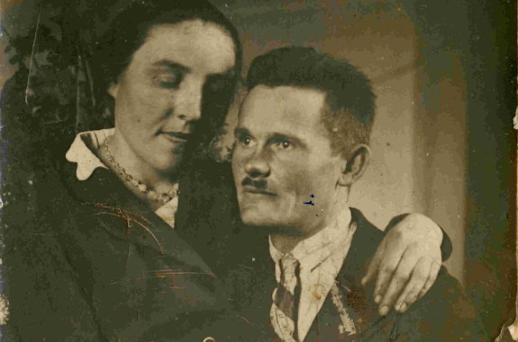
Whether there is such a thing as ‘love at first sight’ is an age-old question. Its defenders might point to Dante’s first encounter with Beatrice. Yet, the historical record shows that when they first met, Beatrice was 8-years-old and Dante was 9. Dante was no doubt smitten by Beatrice. He assigned her a lofty role in his masterpiece, The Divine Comedy. But was his initial response to her something closer to fascination than love?
It seems that love must develop from a basis of knowledge, according to the Latin aphorism, “Ubi amor, Ibi oculus” (wherever there is love there is knowledge). In the absence of knowledge there may be ‘infatuation,’ a term whose root refers to being fooled. Love endures, whereas infatuation soon fades away. While I believe in like at first look, I remain skeptical about love at first sight.
It may be helpful, in distinguishing between love and any of its pretenders, to elucidate the three stage that are required for its development. Love is not blind. Its eyes are wide open. Love is not built on an illusion. It is directed to another whose lovable mess is recognizable.
Therefore, the first stage of love is “attention.” I may be eager to impress another or take command of a conversation. Yet, by being too concerned about myself, I fail to attend to the other person and consequently fail to take the first step toward love. But when I pay attention to the other, I begin to acquire knowledge that informs me of who that person is. That person is no longer an object for me to impress or someone I place in a convenient stereotype, but someone who is unique and unclassifiable.
Once I gain some pertinent knowledge of the other, I reach the second stage which is appreciation. I discover in the other talents that win my respect, sorrows that draw my sympathy, ambitions that elicit my hope, and a genuineness that stirs my admiration. I begin to appreciate the other as one who faces life with courage and honesty.
Getting to know and appreciate the other naturally leads to affection, the third stage. Affection is the desire to help the other in a personal way, to establish a warm relationship that is characterized by giving. Together, in their proper order, these three stages constitute love.
Affection, of course, need no be expressed sexually. A handshake, an encouraging word, a small gift, an act of thoughtfulness are all expressions of affection, but also signs of love.
We need not remain confused about love when it is firmly mounted on attention, appreciation, and legitimate displays of affection.
Photo by Annie Spratt on Unsplash




